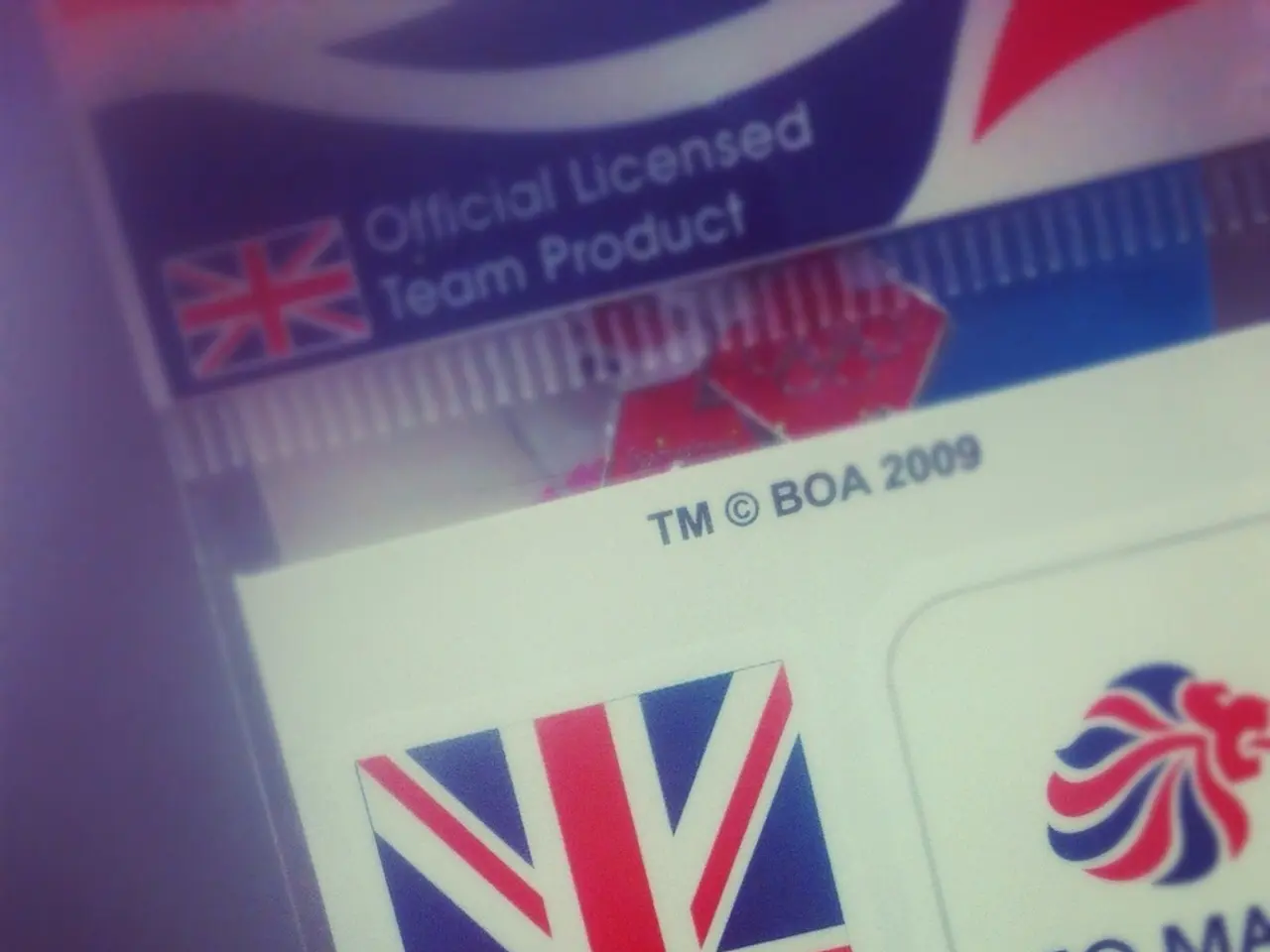Regulatory Body in Europe Identifies Tokenized Shares, Emphasizes Necessity for Protective Measures
The European Securities and Markets Authority (ESMA) has proposed a permanent and flexible DLT pilot regime to foster financial innovation, protect investors, and adapt to the evolving tokenization space. However, concerns have been raised about the pace of innovation and the need for action to avoid falling behind other jurisdictions.
Justin d'Anethan, head of sales at Liquifi, expressed his view that while ESMA's speech is encouraging, the European Union has yet to do much to encourage innovation in the tokenization space. D'Anethan expressed concern that Europe might lose out on economic growth and technological relevance due to excessive preparation and a lack of action compared to other jurisdictions.
Europe currently leads in fixed-income issuance, accounting for more than half of 2024's total. Last year, global tokenized fixed-income issuance tripled to €3 billion ($3.5 billion). The European Union's DLT Pilot Regime offers a regulatory sandbox for market participants and supervisors to test approaches under controlled conditions. The European Investment Bank issued a digital bond on the Luxembourg Stock Exchange in 2022, marking a significant step forward.
Germany, France, and Spain have piloted or pioneered digital bonds and security tokens for covered bonds. Jakob Kronbichler, CEO and co-founder of Clearpool, noted that while Europe is not being left behind on tokenization, the picture is uneven across regions. The EU leads in tokenized bonds under the DLT Pilot, but the U.S. is ahead on tokenized funds. For Europe to capitalize on the opportunity, Kronbichler suggested that the DLT Pilot should be made permanent, existing securities rules should be clarified for on-chain applications, and wholesale settlement should be enabled.
ESMA has recommended amendments to make the pilot permanent and more flexible, tailoring thresholds and eligible assets to the risks of each business model. Natasha Cazenave, executive director of ESMA, stated that tokenization could lead to a transformational change in markets but emphasized the need for safeguards to ensure investor interests and financial stability.
The tokenized assets market is currently worth approximately $600 billion globally. Tokenized funds have surged 80% this year, now representing approximately $7 billion in assets under management. In the U.S., the first SEC-registered tokenized money market fund launched in 2021. However, concerns have been raised about the legitimacy of some tokenized assets, such as Robinhood's "tokenized stock" offerings in companies like SpaceX and OpenAI. OpenAI stated it did not partner with Robinhood and does not endorse it.
Google has unveiled an institutional-grade ledger designed to support tokenization and real-time settlement. As the tokenization landscape continues to evolve, it is clear that Europe is making strides, but there is a need for continued action and clarity to ensure the region remains competitive and investor-friendly.







